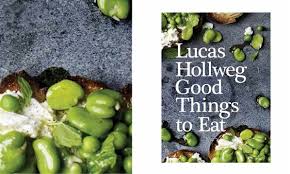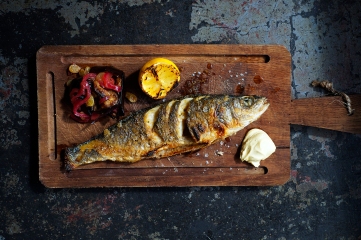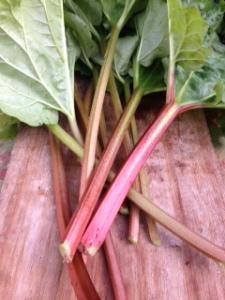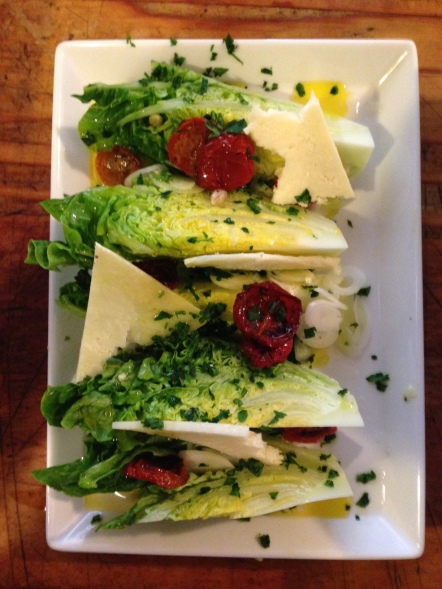
Over the period of May and June we will be celebrating the best of British seasonal food. We will be holding special events, and including some foods, typical of our great landscape on the menu – meat, vegetables, oils, cheese, honey, charcuterie, and fish, complementing them with British wines, beers and spirits.
What is British Terroir?
Terroir: the French word, which in the context of food, means ‘a sense of place’. British Terroir is the concept by which a foods’ character comes directly from the soil, climate and environment where it is grown or made. A strong example of this is Mrs Kirkham’s Lancashire cheese. It uses unpasteurized cows cheese, made on the Lower Beesley Farm near Goosnargh in Lancashire. Lancashire is a wet county facing the Irish sea. The pastures are rich, with a strong mix of grass and wild flower that leads to the cheese’s mineral and complex flavour. The milk is separated slowly over 2 days giving the cheese its buttery yet crumbly texture.
Main types of British Landscapes: The British Isles are one of the most populated and intensely farmed countries in Western Europe. With a lot of our natural landscape under pressure from expanding cities, commercial farming and the switching of farming from growing food to eat, to growing crops for feed or fuel. Spring is an ideal time to celebrate the diversity of our landscapes, and consumption can be an act of preservation.
Woodlands: Kent, Surrey and Sussex ring London, in places, heavily wooded with natural English hardwoods such as oak, ash and occasionally elm. These provide natural habitat for wildlife and wild flowers/greens. Wild garlic is the first of the ground cover to appear. This will often be then followed by bluebells before bracken and blackberry bushes set in. We will be looking for wild foraged bitter greens and shoots. From the water meadows of Wiltshire we are also looking for watercress and nettles, which are prolific.
Pastures: Pasture and arable lands make up the largest % of farmed land in the UK. Part of sustainable farming practices is the set-aside of land and nature corridors. These parcels of land are left to nature, to encourage bio diversity.
Moors: The Yorkshire Moors – bleak, isolated and too difficult to farm – have become a great place for deer and game. Moors need to be managed as they become overgrown with rapidly growing heather and gorse. In places like Dartmoor, it is the wild ponies that crop the new growth and tips of plants and shrubs, and increasingly commonly it is deer that does this work for us. We will be looking to muntjac deer for venison on our menu.
Coastal waters: The coast line of the British Isles offers a wide range of habitat from sandy beaches, to chalk cliffs, to rocky out-crops and coves. Fishing is a really tricky subject – the oceans are complex and relatively poorly understood. Fish appear and disappear without us really know how or why. Fishing is also difficult to police. The simplest way through this for us, is to offer fish that is sustainably caught. Fish from small day trawlers that are based on the south coast are an easy call, and we also choose fish that are not easily caught in industrial quantities. Shellfish like cockles, mussels and clams are also in our sights at this time of year.
High pastures: Hill pastures are defined by their remoteness – a mix of rock, scrub and low quality grass pasture. Hill farming has has long been a tradition of British farming. Historically it has been sheep that have best suited the harsh conditions. They need little care, just being moved from pasture to pasture and often left out over winter only being brought inside in the harshest months. With falls in the price for lamb, sheep farming has been passed over, on a small scale by goat farming. Goat milk and the opportunity to make cheese, has brought about a rise in the production of artisan goats cheeses. It is to this new seasons goats cheese that we will be turning. The milk from the goats, newly turned out to fresh green pasture, makes fantastic bright, fresh and citric flavoured cheese. So over the next couple of weeks, we will be contacting producers and getting out our recipe books to create the May and June menus. Watch this space for more details.



 (photography: Gareth Sambidge Photography)
(photography: Gareth Sambidge Photography)




